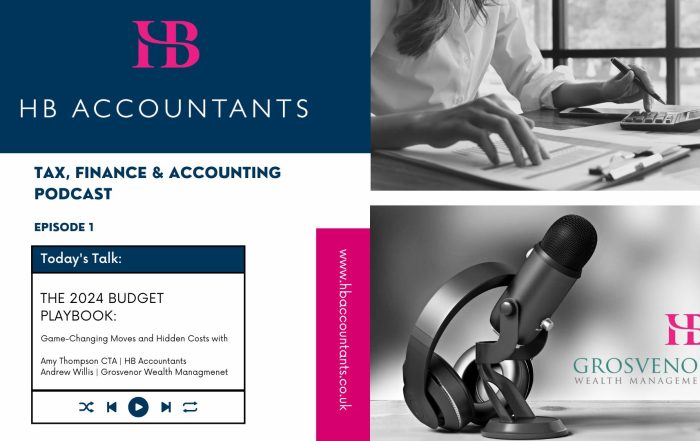
The significant decision of choosing a private school for children
Choosing the right educational path for your children is one of the most significant decisions you will make as a parent. Among the many considerations, private schooling often emerges as an option due to its perceived benefits, such as smaller class sizes, specialised programmes and personalised attention.
However, the high costs associated with private education can make this decision even more complex. Data from the Independent Schools Council reveals that the majority of pupils attend day schools, meaning the typical fee level is £5,552 per term or £16,656 per annum, a rise of 5.8% from 2021 to 2022.
This equates to a hefty total of £116,592 per child for those who opt for private secondary schooling through the end of sixth form. And these figures don’t include potential increases in fees over time. The financial burden can be even greater if considering private primary or preparatory schools.
EASING THE FINANCIAL BURDEN: ROLE OF WEALTHY GRANDPARENTS
However, grandparents have the capacity to alleviate this financial strain on their adult children while simultaneously addressing a looming Inheritance Tax (IHT) issue.
INHERITANCE TAX: A GROWING CONCERN
UK families are increasingly feeling the pinch of IHT when family members pass away. In the fiscal year 2022/23, IHT receipts touched a record high of £7.1 billion, according to HM Revenue & Customs (HMRC) , an astounding 108% increase over the last decade. Presently, IHT is levied at a rate of 40% on estates exceeding the nil-rate band, which stands at £325,000, or £500,000 if the property is being left to children or grandchildren.
NAVIGATING IHT: ROLE OF GIFTING
One method of reducing your loved ones’ IHT burden is to start giving away surplus money. The less money you possess over the nil-rate band, the smaller the tax bill. For grandparents, contributing to school fees can serve a dual purpose: reducing your IHT bill and witnessing your grandchildren benefit from your wealth.
With IHT gifting rules, implications arise when gifting outside of the exemption rules. However, there are no limits on the amount you can give away. Here are several allowances you can leverage, whether you’re paying the entirety of the school fees or making a contribution.
Yearly exemption: Every year, you can contribute £3,000 tax-free to any individual of your choice. Couples can unite to offer a combined tax-free gift of £6,000. Moreover, you can carry forward the unused portion from the previous year, although this can only be done once. This yearly exemption can also be paired with a donation from surplus income and given to the same recipient.
Gifts beyond allowances and Inheritance Tax (IHT): Even if your donations exceed these allowances, you might still not have to pay IHT and some gifts may be chargeable lifetime transfers. Any gifts you make that go beyond the allowed exemptions are seen as ‘potentially exempt transfers’ and fall under the seven-year rule. This implies that if you survive for at least seven years after making the gift, it will be removed from your estate and won’t be subject to any IHT. If you pass away before seven years, taper relief may apply to gifts surpassing the £325,000 threshold.
TRUSTS: AN EFFECTIVE TAX STRATEGY
Instead of making direct payments to your children’s school, you might discover tax benefits using a trust to fund your gifts where the gift would be to the trust. When you donate money into a discretionary trust, control over the underlying capital’s management is in the hands of the trustees, who could be the grandparents and/or the parents. Yet, the income produced could be applied towards school fees. This approach can be advantageous from an IHT planning perspective.
IHT PLANNING AND TRUST ADVANTAGES
Any amount can be transferred into a trust. These assets will be exempt from IHT provided the donors live for seven years post-gift. An added perk of this method of school fee funding is that the income produced by the trust is taxed at the beneficiary’s rate – that is, the child’s if the trust is absolute. Given that the child is likely to have a lower tax rate than other family members, this can lead to substantial savings.
TRUST CONTINUATION AND UNIVERSITY FUNDING
Another advantage is that the trust can continue to operate even after the child has finished school, providing financial support for university life. If the trust is absolute, the child would have to agree to this. However, trusts are complex structures and grandparents cannot benefit once a trust is established. Additionally, given the complexity of trusts, it is crucial to seek professional advice before setting one up.
NEED TO FORMULATE YOUR PLANS SOONER RATHER THAN LATER?
Early planning is crucial if you face a potential IHT liability and wish to help fund private education for your grandchildren. Discussing it with your children and formulating plans sooner rather than later can be beneficial. To find out more, please contact us and we’ll explain your options. We look forward to hearing from you.
Contact Us Form
Please complete this form if you wish to send us your questions or if you would like to request a call back.
We look forward to speaking with you.
Recent GWM articles that may be of interest
Podcast: Autumn 2024 Budget Playbook, Tax, Finance & Accounting Podcast
Grosvenor Wealth Management is delighted to share our recent podcast collaboration with HB Accountants featuring Andrew [...]
Smart Money November / December 2024
Smart Money November / December 2024 Welcome to the November / December 2024 edition of [...]
Have you had a retirement conversation?
Many people do not engage in crucial conversations regarding the lifestyle they envision As we [...]
The Great Unretirement
Contemplating a return to work after a significant absence or considering a phased return? In [...]
The future of retirement
Experiences of the past and potential future scenarios The latest research reveals a significant disparity [...]
Take your pension to the max
Do you have potential shortfalls and need to address these gaps? First and foremost, let’s [...]







